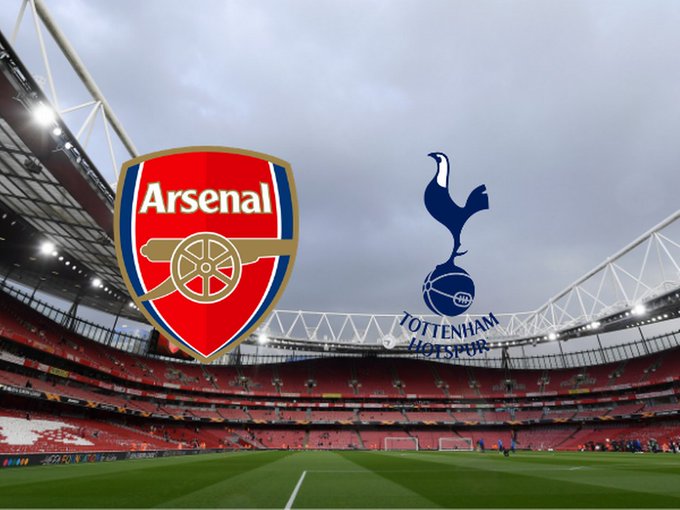Receive free Labour Party UK updates
We’ll send you a myFT Daily Digest email rounding up the latest Labour Party UK news every morning.
This article is an on-site version of our Inside Politics newsletter. Sign up here to get the newsletter sent straight to your inbox every weekday
Good morning. The Conservatives and Labour are both having a row over what last week’s by-elections mean. The Conservative party’s is largely covert, while Labour’s is out in the open. Some thoughts on Labour’s row today and some thoughts on the Conservative one tomorrow.
Inside Politics is edited today by Leah Quinn. Follow Stephen on Twitter @stephenkb and please send gossip, thoughts and feedback to [email protected]
What we talk about when we talk about Ulez
What unites people in both the Conservatives and Labour is that the government’s shattering defeats in Somerton and Selby are a more accurate guide to what the state of politics is at the moment. But what also unites them is that Labour’s narrow defeat in Ruislip and Uxbridge is a portent of how Keir Starmer’s march to Downing Street could end in failure.
Labour’s defeat in Uxbridge is in part because the constituency’s Conservative vote is just strikingly unswingy: in the local elections it did about as well in 2006, a very good year to be a Conservative in London, as it did in 2018 or 2022, both very bad years to be a London Tory.
But a much bigger part of what happened is that Sadiq Khan’s Ulez expansion — its rollout is timed not to interfere with Khan’s own re-election bid next year — collided head-on with the Labour campaign to win the Uxbridge and South Ruislip by-election.
Ulez is best understood as a sin tax: like taxes on booze, fags and sugar, it is doing double duty, both as a measure designed to change behaviour and as a revenue raiser for London’s devolved government. Here’s the key chart from our write-up of the row. (For context, the total operating costs of Transport for London, the main responsibility of the London mayor, are around £8bn.)
This is a tale as old as democracy: Khan is getting his unpopular measure out of the way this year so he doesn’t have to do it next year or have the looming introduction of it become a subplot in his re-election bid.
Khan’s big bet is that, come next year, most drivers in outer London will, just like the last two areas Ulez was expanded to, find that they themselves don’t pay it and forget about it. The risk is that ‘Ulez 3’ looks less like the scheme devised by Boris Johnson and expanded by Khan, and more like Ken Livingstone’s ill-fated western expansion of the congestion charge.
The anxiety about it within the London Labour party is part of the subtext of the row that broke out in the Labour party over the weekend. (Eleni Courea has a great account of the bloodletting over at Politico.)
The crucial thing to understand about the London Labour party is that it is a party used to facing threats on all fronts. Whether it is George Galloway and Respect, or latterly Lutfur Rahman and Aspire in my home town of Bethnal Green, or the Liberal Democrats in much of north London, or the BNP in Barking and Dagenham, or the Conservatives throughout much of the capital, London Labour MPs really believe they are under threat from somebody.
Given that part of the tactical row over Ulez is whether to risk the ire of voters in inner London (the ones most concerned with London’s toxic air) or those in outer London about to be hit by the Ulez expansion, some of this is just about Labour MPs arguing over whose political fears are the most justified.
The other aspect is about political strategy. The reason why Keir Starmer — who spoke to Sadiq Khan on Friday — talked about Ulez in his speech to the Labour party’s national policy forum (NPF) on Saturday isn’t because he is trying to get Khan to change his mind on Ulez. (There is not much prospect of that in any case.)
It’s because the message that Starmer wanted to hammer home to the party’s power brokers and members was: see what happens if an election that we want to be about a tired and exhausted Conservative government instead becomes about a Labour government’s tax rises. It’s an “eat-your-greens” story for internal consumption as much as anything else.
The Labour leadership is very happy with how the NPF turned out. They were able to see off a variety of spending commitments and water down some of the ones they had already made, all the better in order to avoid what they see as one of their biggest risks going into the next election: that just as in Uxbridge, the big theme of the election is not Conservative decay but Labour tax rises.
Now try this
I had a lovely weekend. I really enjoyed Christopher Nolan’s Lunch with the FT (almost as much as I enjoyed Christopher Nolan’s Oppenheimer, in fact), Emma Jacobs’ essay on shyness, and Amy Kazmin’s account of life in Italy during Europe’s heatwave.
Top stories today
-
Shapps vows to ‘max out’ North Sea oil and gas | The energy minister has described Labour’s policy to grant no new North Sea licences if the party wins the next general election as “madness”.
-
Rising mortgages hit care homes hard | Care home operators have warned that a slow government response to rising mortgage rates will sound a “death knell” for some providers.
-
London ‘stands ready’ for Commonwealth Games | Organisers are rushing to find a new home for the competition after Victoria pulled out of the £500mn games over spiralling costs.
Recommended newsletters for you
One Must-Read — Remarkable journalism you won’t want to miss. Sign up here
Britain after Brexit — Keep up to date with the latest developments as the UK economy adjusts to life outside the EU. Sign up here
https://www.ft.com/content/223c9e8e-889d-429d-9f6c-ef655826e495




